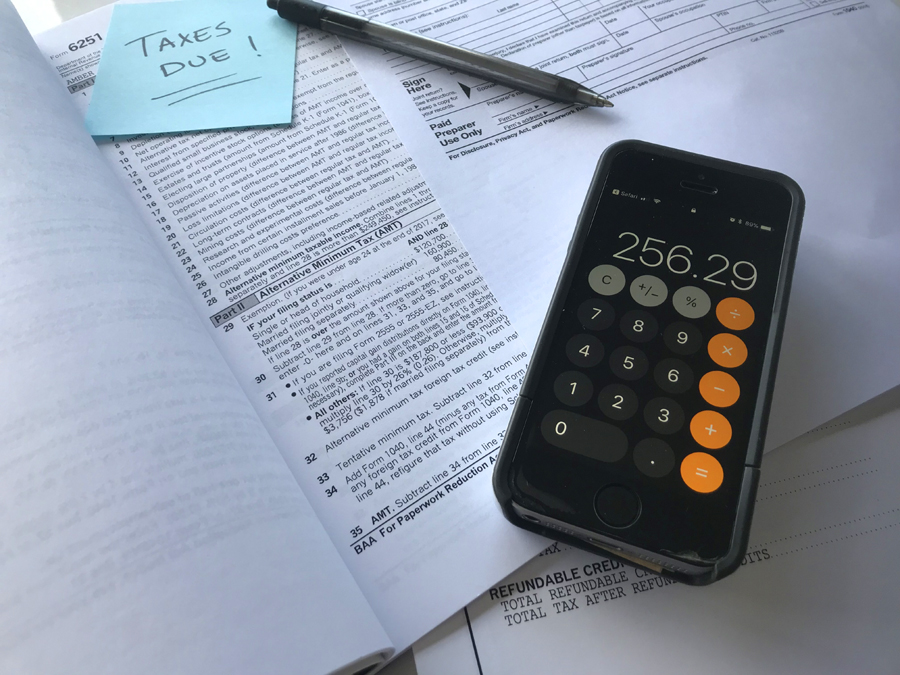Courtesy of our title partners at USA National Title

In the City of Los Angeles, ULA (United to House LA) enacted a 4% tax on the sale or transfer of any properties valued at more than $5,000,000 and a 5.5% tax on the sale or transfer of any properties valued at more than $10,000,000. The ballot measure established the House LA Fund to collect tax revenue and allocate funds to projects designed to prevent homelessness and to address housing availability at certain income thresholds. The ballot measure also created a citizen’s oversight committee tasked with developing funding guidelines, assessing project needs, and auditing expenditures.
Los Angeles City tax (called the “ULA Tax”) will be effective on April 1, 2023*
Current tax rate, including the County tax, is $5.60 per $1,000 of purchase price So the transfer tax on a $6,000,000 property is $33,600.
The new additional LA City tax rate with sales over $5,000,000 to $10,000,000 will add an additional 4% of the purchase price. The new transfer tax for that same $6,000,000 sale will be $273,600. For sales over $10,000,000, the new tax rate will be an additional 5.5% of the purchase price. So, the transfer tax for a $12,000,000 property will go from $67,200 to $727,200.
| Sale/Transfer Property Value | City of Los Angeles Current Transfer Tax Rate | City of Los Angeles Measure ULA Tax Rate | City of Santa Monica Current Transfer Tax Rate | City of Santa Monica Measure GS Tax Rate |
| $6,000,000 | $273,600 | $33,600 | $42,600 | $42,600 |
| $8,000,000 | $44,800 | $364,800 | $56,800 | $456,800 |
| $10,000,000 | $56,000 | $606,000 | $71,000 | $571,000 |
Measure GS added Chapter 4.90 to the Santa Monica Municipal Code to establish designated funds for schools, homelessness prevention, and affordable housing. It also added an eleven-member resident oversight committee. It amended Chapter 6.96 to provide a third tier transfer tax rate of $56.00 per $1,000 of value for property transfers of $8,000,000 or more, providing an estimated $50,000,000 annually for homelessness prevention, affordable housing, and schools, until repealed.
Santa Monica City tax (called the “Measure GS Tax”) will be effective on March 1, 2023**
Current tax rate, including the County tax, is Tier 1 at $4.10 per $1,000 and Tier 2 at $7.10 per $1,000 of the purchase price. Currently, the transfer tax on a $8,000,000 property is $56,800.
The new additional 3rd Tier Santa Monica City tax rate with a sales price over $8,000,000 will be $56.00 per $1,000. The new transfer tax on the same $8,000,000 sale will go up to $456,800.
In a lawsuit filed Wednesday December 28,2022, lawyers representing the Howard Jarvis Taxpayers Assn. and the Apartment Assn. of Greater Los Angeles argue that the documentary transfer tax, which is slated to go into effect in April, violates the California Constitution. California L.A. to vote on ‘mansion tax’ to raise money for housing.
The groups’ attorneys argue that “great and irreparable harm will result to plaintiffs, and to all Los Angeles property
owners in being required to pay unconstitutionally imposed taxes.”
 the Trust ownership. So, what should you do to insure a smooth transaction?
the Trust ownership. So, what should you do to insure a smooth transaction?


